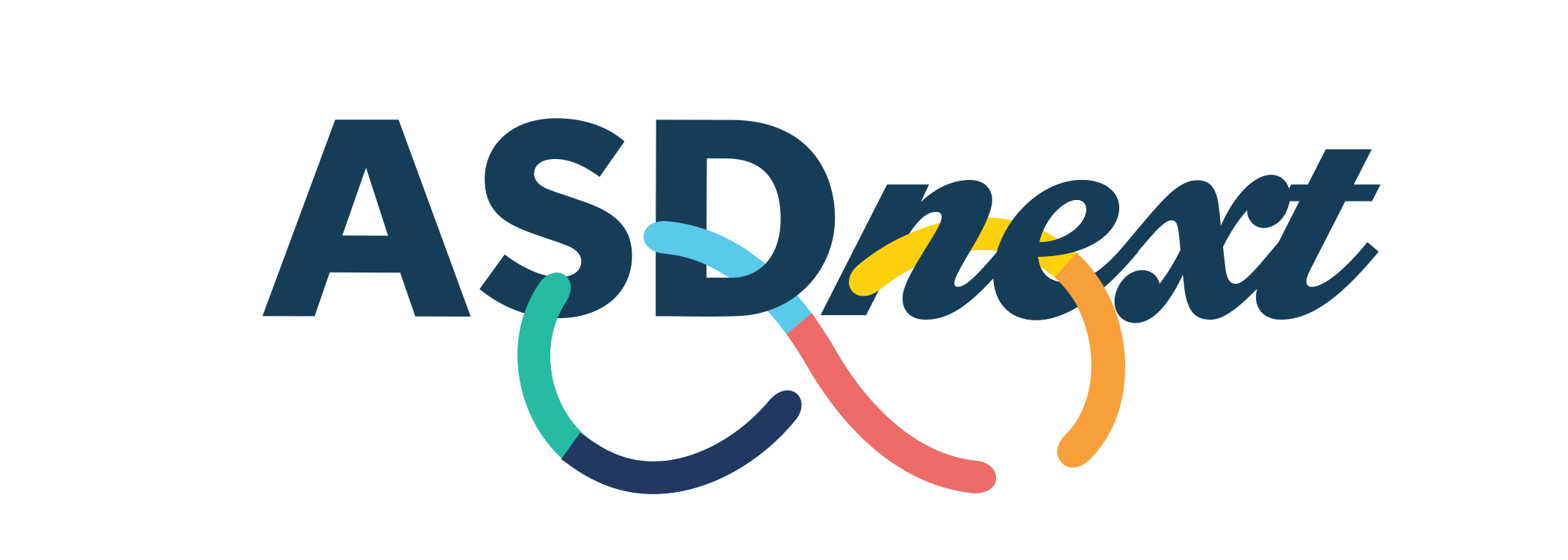Presented by Rob W. Hoffman
In a highly competitive labor market the majority of open positions are in the hidden job market, which means they are being filled through connections and other trusted sources. We are seeing positive signs in terms of more hiring and those employment organizations that have focused on developing relationships, rather than jobs, have continued to see an increase in employment outcomes. To do this, they have moved away from traditional job development and placed more emphasis on employer engagement and development. This presentation will compare and contrast typical human service approaches to employment services with those that are more business-focused. We will look at the employer development process which focuses on developing relationships and partnerships. This process includes effective marketing and employer engagement strategies that enable us to align our services with the needs, strategies, and priorities of individual businesses which ultimately increase employment opportunities and outcomes.
Presented by Michael L. Wehmeyer, Ph.D.
This session will provide information about methods, materials, and strategies to promote the self-determination of adults with autism and related developmental disabilities, with a focus on promoting self-determination as a gateway to more positive adult outcomes, including employment, independent living, health and wellness, and self-advocacy. Attendees will learn about the National Gateway to Self-Determination project and resources available through that project that provide training and technical assistance to promote self-determination and information about interventions to promote self-determination for adults that lead to more positive adult outcomes.
Presented by Stephen M. Shore, Ed.D.
Achieving a best outcome for a productive transition to adulthood requires sufficient self-awareness in what it means to be on the autism spectrum as a foundation for successful navigation of the adult worlds of employment, relationships and sexuality, continuing education, interdependent living, and self-advocacy. Participants will come away with practical solutions for educating and supporting individuals on the autism spectrum to lead fulfilling and productive lives in society.
Presented by Michael L. Wehmeyer, Ph.D.
Research has established that self-determination is linked to more positive employment and community inclusion outcomes for young adults with developmental and other disabilities. This session will provide an overview of self-determination and its importance to adults with autism and other developmental disabilities. In particular, the role of self-determination to empower adults with disabilities to achieve more positive outcomes will be discussed, and the role of promoting self-determination as a “gateway” to more greater community and work inclusion described.
Presented by Rob W. Hoffman
This session will offer participants more detailed information and strategies on employer engagement and development that was introduced in the keynote session. We will breakdown the process further and look at specific strategies and tools that support these practices including: positioning, business language, marketing messages, information gathering, and ways to make it easier for businesses to engage. Although some of these strategies require planning and development prior to implementing, participants will also leave with employment tools and strategies that can be implemented immediately.



